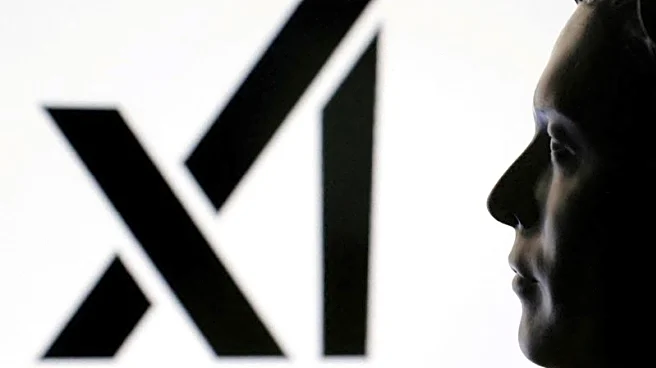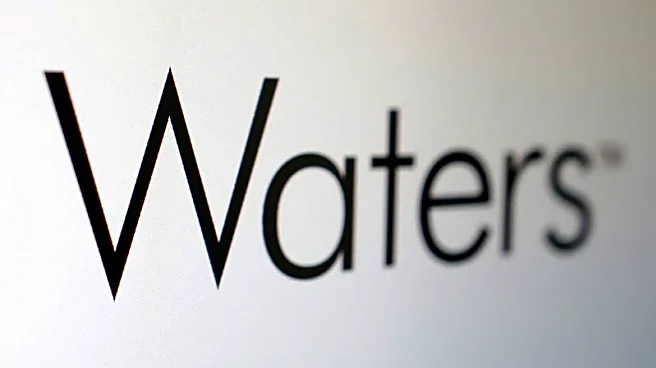What's Happening?
Paramount has announced the renewal of Jon Stewart's contract to continue hosting 'The Daily Show' on Comedy Central once a week through the 2026 midterm elections. This decision resolves months of speculation regarding Stewart's future with the show
amidst Paramount's merger and its dealings with the Trump administration. Stewart, who returned to the show in 2024 after a previous tenure from 1999 to 2015, has been a significant figure in late-night television, known for his incisive comedy and commentary. The renewal comes after concerns arose when CBS, a corporate sibling of Comedy Central, canceled 'The Late Show with Stephen Colbert,' leading to questions about the influence of political pressures on media decisions.
Why It's Important?
The renewal of Jon Stewart's contract is significant in the context of the current media landscape, which has seen increased scrutiny and pressure from political entities. Stewart's continued presence on 'The Daily Show' represents a commitment to maintaining a platform for critical commentary and satire, especially during a politically charged period leading up to the 2026 midterms. This move by Paramount may also signal a broader strategy to stabilize and revitalize its cable channels amidst industry-wide challenges. The decision underscores the importance of media independence and the role of late-night television in shaping public discourse.
What's Next?
With Stewart's contract secured, 'The Daily Show' is poised to continue its role as a critical voice in late-night television. The show's correspondents will maintain their hosting duties from Tuesday to Thursday, while Stewart anchors the Monday episodes. As the 2026 midterms approach, the show is expected to provide ongoing commentary and analysis of political developments. Paramount's decision may also influence other media companies facing similar pressures, potentially leading to a reevaluation of how political dynamics impact programming decisions.
Beyond the Headlines
The renewal of Stewart's contract highlights the ongoing tension between media companies and political influences. It raises questions about the extent to which media entities can resist external pressures while maintaining editorial independence. The situation also reflects broader cultural and ethical considerations regarding the role of satire and comedy in political discourse, particularly in an era where media consolidation and political polarization are prevalent.















